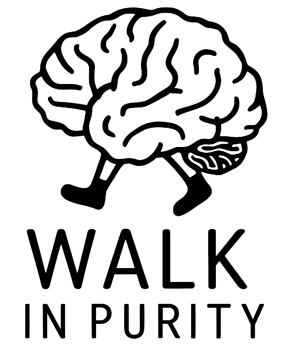In my own recovery journey, I’ve learned that healing isn’t just about stopping certain behaviors; it’s about a deep, spiritual transformation. I recently read an article from New Life Spirit Recovery on the recovery process through a biblical lens, and I want to share what I’ve found and expand on its teachings.
A Heart Issue, Not Just a Habit
One of the key points in the article is that addiction often masks deeper wounds—unresolved pain, trauma, or spiritual emptiness. From a biblical standpoint, addiction isn’t just a habit that needs breaking; it’s a symptom of a heart issue. Proverbs 4:23 tells us to “guard your heart, for everything you do flows from it.” Healing, therefore, must address the root causes hidden in our hearts. True freedom comes when we allow God to heal the wounds that drive us toward addiction, replacing our brokenness with His wholeness.
Recognizing Our Need for God
Another profound truth is that we cannot achieve lasting recovery on our own. The world teaches self-sufficiency, but the Bible emphasizes that true freedom is found through surrender to God. Jesus said in Matthew 11:28, “Come to me, all you who are weary and burdened, and I will give you rest.” Acknowledging that we need God’s intervention is the first step toward recovery. His strength, not our own, breaks the chains of addiction.
Renewing the Mind
Romans 12:2 talks about “the renewing of your mind.” In recovery, this means actively replacing old patterns of shame, guilt, or hopelessness with God’s truth. It’s not enough to stop addictive behaviors; we must replace them with healthy, godly thoughts and actions. This renewal is a daily process, requiring time in Scripture, prayer, and accountability to retrain our thinking. Just as addiction rewires the brain for harmful behaviors, recovery rewires it for righteousness and healing.
The Power of Community
The article also emphasizes the need for community. Recovery isn’t something we should attempt alone. The Bible speaks clearly about the importance of fellowship and mutual support (Hebrews 10:24-25). Having people to pray with you, encourage you, and hold you accountable can make all the difference. Isolation can often fuel addiction, while connection with others—especially those who share your faith—can provide the support and accountability necessary for success.
The Patience of the Process
Lastly, recovery is a journey, not an instant fix. As the article points out, real healing takes time, and it’s important to be patient with yourself. Philippians 1:6 reminds us, “He who began a good work in you will carry it on to completion.” God works in seasons, and sometimes the recovery process can feel slow, but that’s part of His refining plan. Every step forward, no matter how small, is progress toward the wholeness He promises.
In Summary
Understanding addiction recovery through a biblical lens shifts the focus from merely stopping behaviors to achieving deep, spiritual healing. By addressing the wounds of the heart, renewing the mind, relying on God, and walking the journey in community, true freedom becomes possible. If you want to dive deeper into these principles, I encourage you to read the original article from New Life Spirit Recovery here.


Leave a Reply